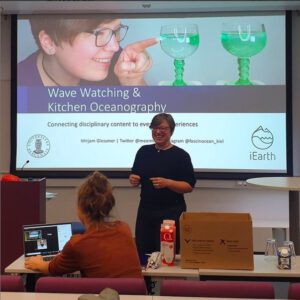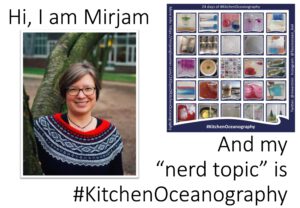
Currently reading Noah (2025) “Designing and Facilitating Workshops with Intentionality: A Guide to Crafting Engaging Professional Learning Experiences in Higher Education”
As you saw in my recent post on the first draft of my “teaching consultations menu”, I found a really awesome book on “Designing and Facilitating Workshops with Intentionality: A…



